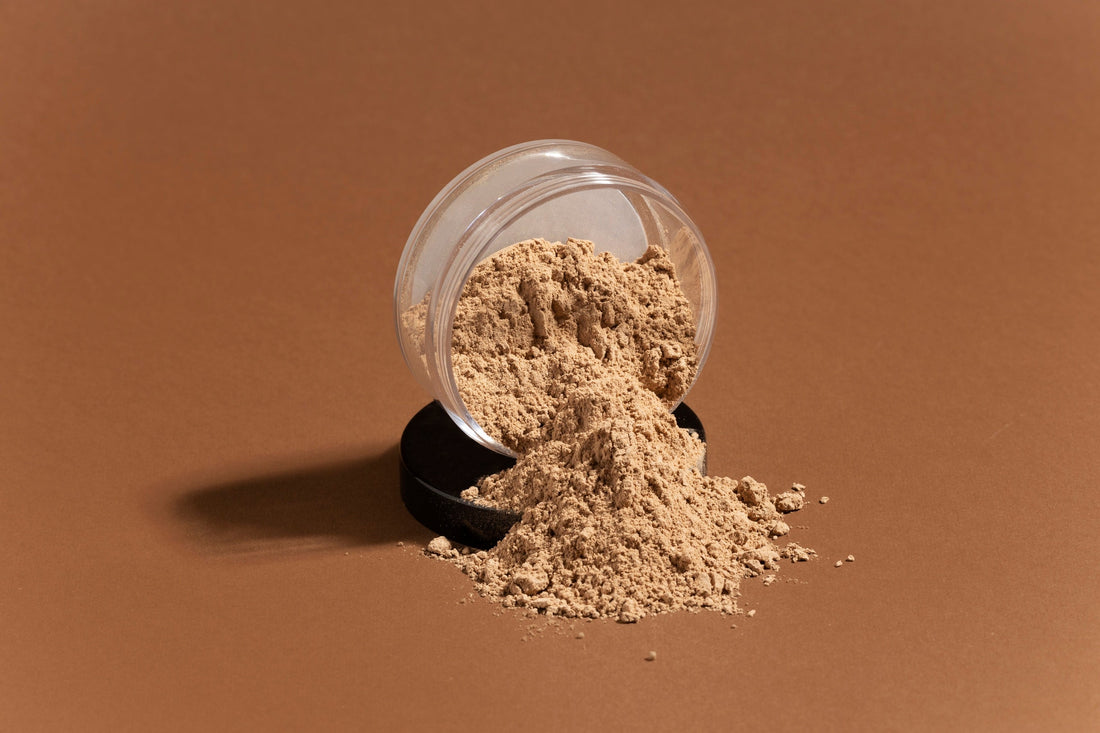Many people today have started consuming protein powder as awareness grows about its health benefits. However, some of them make blind purchases without realizing that there are artificial protein powders on the market. So, how do you know which is a good quality protein powder and which one is artificial and filled with unnecessary additives?
Here are some clear signs that a protein powder might be artificial. It’s important to recognize these early, as they can have a significant impact on your health in the long run.
How Tell If a Protein Powder is Good Quality
Usually, good protein powders offer minimal ingredients. Their ingredients are noticeable and known by people. Good brands also highlight all the ingredients in the ingredient list. However, artificial protein powders have a lot of additives, and their protein content is also lower than what they claim. It's essential for a brand to conduct a test to calculate their protein content.
A few brands, like Soluxe Nutrition, also conduct heavy metal lab tests to ensure their protein is clean. This is what a good quality protein powder brand does to ensure they offer high-quality protein to their consumers.
Is There Really a Difference Between Cheap and Expensive Protein Powders?
It’s tempting to go for the cheapest option, but in most cases, price does reflect quality when it comes to protein powders. Lower-cost options often use inferior protein sources that lack essential amino acids. To bulk up servings and cover unpleasant flavours, manufacturers tend to pack them with fillers, artificial sweeteners, and flavouring agents.

It’s also worth understanding the difference between regular protein powder and protein isolate. Standard whey protein concentrates usually contain more carbohydrates, fats, and lactose, which can cause digestive issues for some people. Whey protein isolates, on the other hand, undergo additional filtration to remove most fats and lactose, resulting in a purer protein content of 90% or higher. This makes isolates easier on the stomach and ideal for those looking for a leaner, cleaner protein source.
Premium-quality powders—whether plant-based proteins or whey isolates—are often made using gentle processing methods that preserve the natural integrity of the protein and retain maximum nutritional value. Cold-processed whey and sprouted plant proteins, for instance, are more bioavailable and less likely to upset digestion.
That said, don’t assume a high price tag automatically means high quality. Do your research to ensure the brand is reputable and you’re not just paying extra for fancy packaging. If a protein powder seems suspiciously cheap, though, chances are it’s cutting important corners.
How to Spot Artificial Protein Powders
“Artificial protein” may sound high-tech, but in reality, it refers to heavily processed powders made from synthetic amino acid chains or lab-formulated ingredients instead of whole food protein sources. These products often undergo intense chemical treatments that strip away natural nutrients.
To identify them, check the label carefully. If the protein source is vague—using terms like “hydrolyzed vegetable protein” without specifying the plant—it’s a red flag. If the brand isn’t transparent about where its protein comes from or how it’s made, consider it a dealbreaker.
How Do Artificial Protein Powders Taste?
Smell is often the easiest way to tell the difference. Most natural ingredients does not have strong smell, whereas artificial flavourings has very strong, pungent smell. Taste wise, natural ingredients like cocoa has a hint of bitterness to it, but artificial chocolate hardly carries the bitterness, you will have a sweet chocolate taste. Not only that, in order to ensure that the drink is smooth, many producers add agents like food-grade surfactant to help improve texture.
By comparison, a pure, quality protein powder will not taste that great. Proteins are naturally hard to dissolve. Without any carrier or agent it will likely leave a chalky taste in your mouth. However, there are plenty of ways to improve it - for example, by adding it to your smoothie or even soup!
Why Quality Matters in Protein Powders
Choosing the right protein powder isn’t just about meeting your daily protein needs. A good quality protein powder supports muscle recovery, promotes healthy digestion, and delivers essential nutrients without unnecessary additives.
When you choose a protein made from natural, minimally processed ingredients, you’re making an investment in your long-term health—not just a quick post-workout fix

Conclusion: Natural vs Artificial Protein - Which Should You Choose?
At the end of the day, the choice is simple. If you want a protein powder that truly supports your health and wellness goals, skip the highly refined, artificial options. Instead, go for a good quality protein powder made from pure, simple ingredients you can recognize and trust.
Soluxe Protein offers clean, plant-based protein powders with minimal ingredients. Each batch is lab-tested for heavy metal impurities, non-GMO, free from additives, and 100% vegan-friendly—making it an ideal choice for anyone seeking a healthier, natural alternative.
Reference:
Patel, M. S., & Patel, A. (2024). A review: Benefits and risk assessment of protein powder supplements in the human body. International Journal of Novel Research and Development, 9(7), 638–642. https://doi.org/10.xxxxx/ijnrd.2024.0907
Clean Label Project. (2024). Protein Study 2.0: Heavy metals, toxins, and contaminants in protein powders. Clean Label Project. https://www.cleanlabelproject.org/protein-study
Gelsomin, E. (2021, August 12). Is protein powder healthy? Here's what a dietitian says. EatingWell. https://www.eatingwell.com/article/7913676/is-protein-powder-healthy


